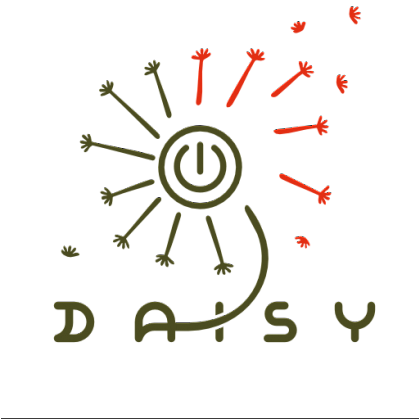DAISY

Project summary
Horizon Europe Project DAISY: DigitAl, technologIcal and Social innovation mixes enabling transformation for biodiversity and equitY
- Coordination team: Alex Franklin (Coordinator), Agnes Zolyomi (Co-Coordinator), Ilkhom Soliev (Scientific Co-Lead)
- Partners: Coventry University, GreenFormation, ESSRG, Kaunas University of Technology, MLU, TIESS, UFZ, Wageningen University
- Duration: 2025 - 2027
Keywords: digital, technological and social innovation mixes, transformations, biodiversity, equity
About the project
DAISY (DigitAl, technologIcal and Social innovation mixes enabling transformation for biodiversity and equitY) aims to understand how interventions (innovations, regulations, financial incentives and tools affecting social norms and emotions) and their mixes can drive systemic change and transformation for biodiversity and equity, offering concrete policy recommendations. For this, DAISY will 1) Investigate processes supporting current innovations and identify emerging ones in key domains of agri-food, energy, education and urban and regional development; 2) Develop, test and provide intervention mixes for transformative change across practical, political and personal spheres, and 3) Engage and enhance the response-ability of civil society, policymakers, and businesses to implement and amplify transformative action. To achieve these goals, DAISY will analyse social, economic, and political processes, map existing innovations, assess their transformative potential, and develop, test and assess interventions to be taken up by policies to address biodiversity loss and equity. DAISY will conduct case studies (spanning from using digital apps through commons governance to degrowth models), workshops, and (social science) experiments, working collaboratively with a range of participants. The project will provide recommendations to decision-makers and build capacity among stakeholders. Additionally, it will foster collaboration with key networks and across a range of domains to amplify its impact.
Project description on CORDIS .

DAISY has been approved for funding from the European Union’s Horizon Europe research and innovation programme.




